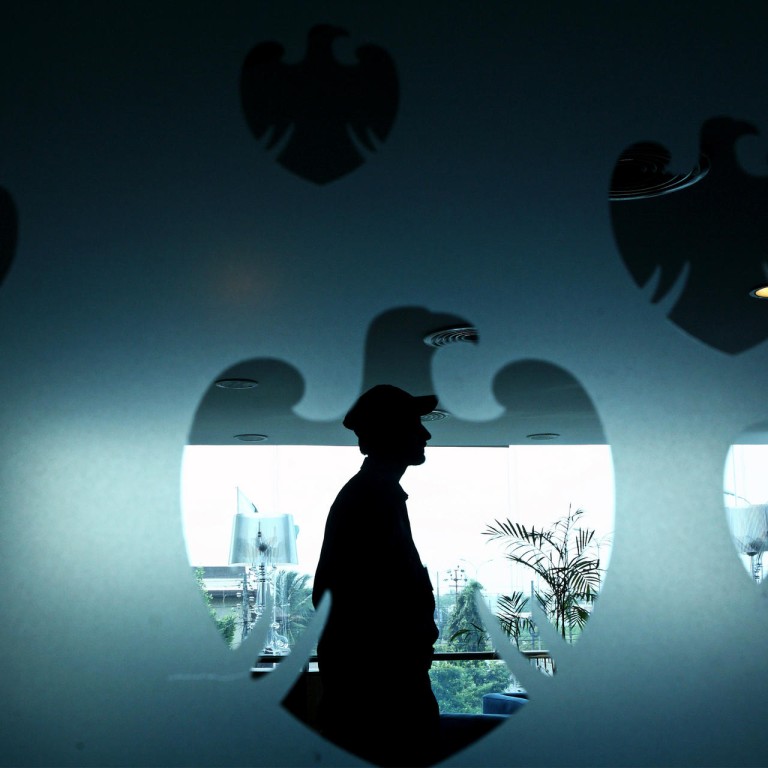
One misstep cost Barclays fees from Alibaba's IPO
London-based investment bank alienated Softbank's founder over its decision to back Charlie Ergen in the battle over Sprint
Barclays backed the wrong billionaire.
The investment bank lost the chance to be among firms sharing hundreds of millions of dollars in fees from Alibaba's initial public offering when it advised and financed Charlie Ergen's failed effort to buy Sprint last year, sources said.
Ergen's bid was a challenge to Softbank, which eventually acquired Sprint for US$21.6 billion, and upset the Japanese company's founder Masayoshi Son so much that he pressed Alibaba to stop working with Barclays, the sources said.
This shows the power of reputation and the dangers of backing a losing horse
Softbank owned about 37 per cent of Alibaba and Son took his request directly to the company's founder Jack Ma Yun, they said.
The decision to back Ergen highlights the risk of working with competing clients. To pick sides, larger banks use a process called "business selection" in situations where they may alienate another company, with the decision typically based on which client will bring in more fees over the long term.
Still, Son's decision to punish Barclays went against the interests of Alibaba's other shareholders, said Professor Erik Gordon, from the University of Michigan's Ross School of Business.
"It is counter to the interest of a company to cut out a globally important underwriter simply because a major stockholder wants to punish it," he said. "Powerful people who want revenge should not use third parties to wreak it."
Son called Ma last spring, in the middle of the struggle over Sprint, and asked that Ma kept Barclays off an US$8 billion loan that Alibaba was seeking, one source said.
The decision to work for rivals was seen as a flagrant shot at Alibaba and London-based Barclays would now be one of the few global banks not to land a spot on Alibaba's share sale, sources said.
The Alibaba sale, which will be managed by banks including Credit Suisse, Morgan Stanley and Deutsche Bank, according to a source, could be bigger than Facebook's US$16 billion offering in May 2012. Other banks working on the sale included Goldman Sachs, JP Morgan Chase and Citigroup, the source said.
Alibaba said on Sunday that it had decided to start the process for a listing in the United States. The sale might be equivalent to about a 12 per cent stake in the company, a source said earlier. Based on the average US$153 billion valuation in a survey of analysts, that would make it an US$18.4 billion offering.
Banks on Facebook's sale earned fees of 1.1 per cent of the sum it raised. Assuming a similar percentage for Alibaba, underwriters would get about US$200 million.
"This shows the power of reputation and the dangers of backing a losing horse," said Tim Loughran, a professor at the University of Notre Dame in Indiana. "I don't find it too surprising that Masayoshi Son is still annoyed with Barclays. Big inside owners of IPOs only want to deal with investment banks they trust."
Barclays has worked with Alibaba before. It contributed US$200 million as part of the US$3 billion loan package Alibaba put together to privatise its Hong Kong-listed unit and buy about 20 per cent of itself from Yahoo in 2012, a source said at the time.
Most of the major banks that lent to Alibaba in 2012 would win roles on its flotation, said a source.
Son and Softbank eventually won the competition for Sprint in June last year, though not before they raised their offer by US$1.5 billion to fend off the bid from Ergen and his Dish Network.
